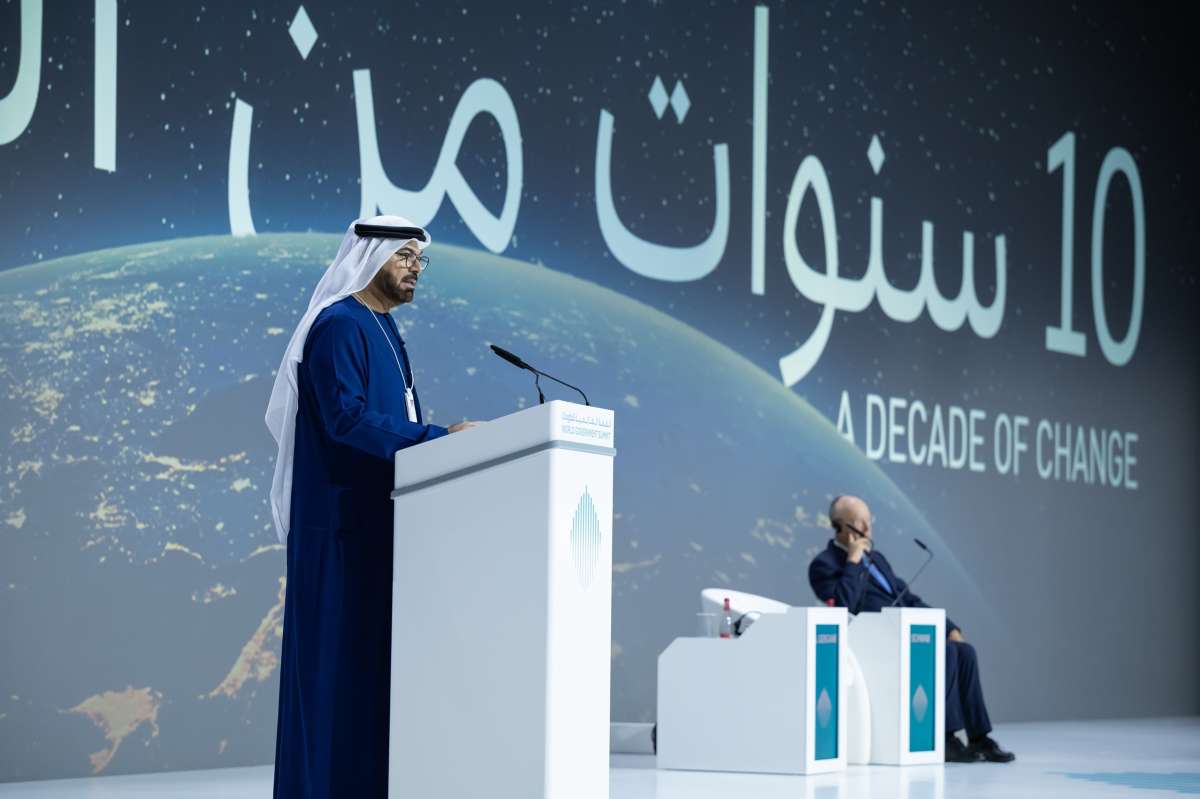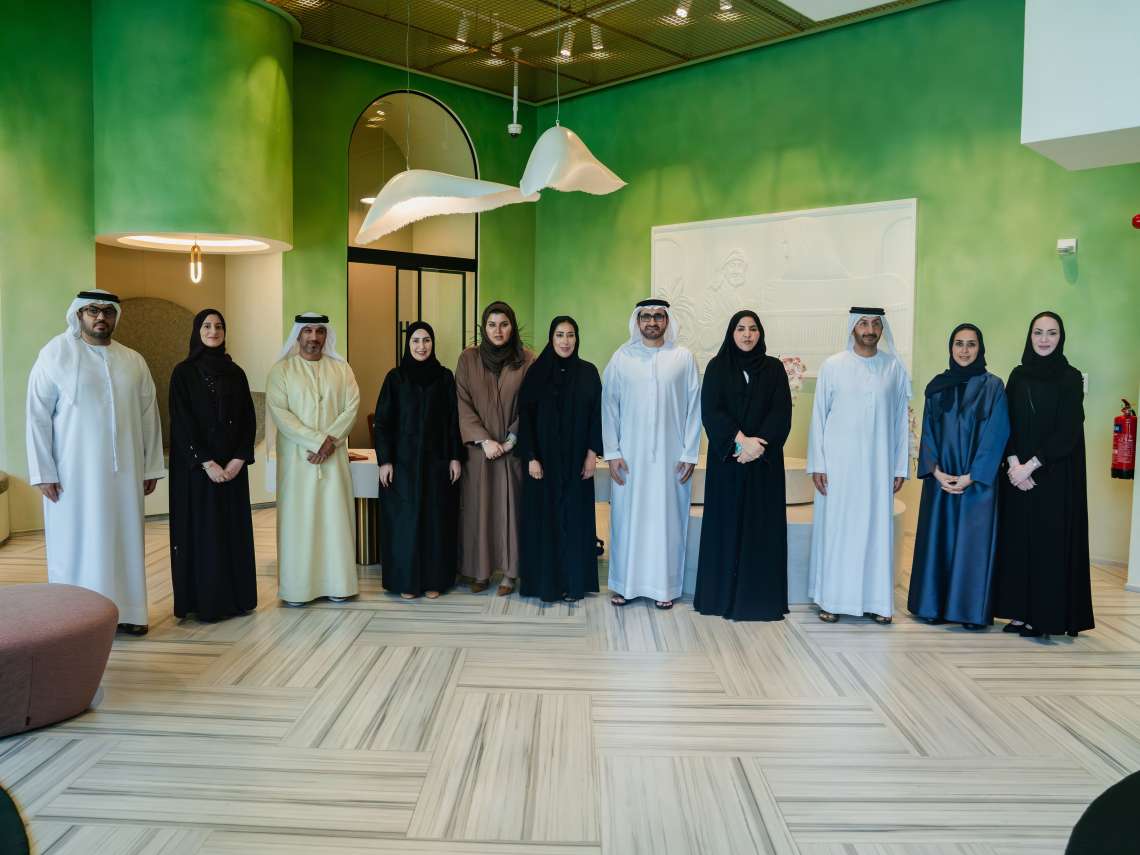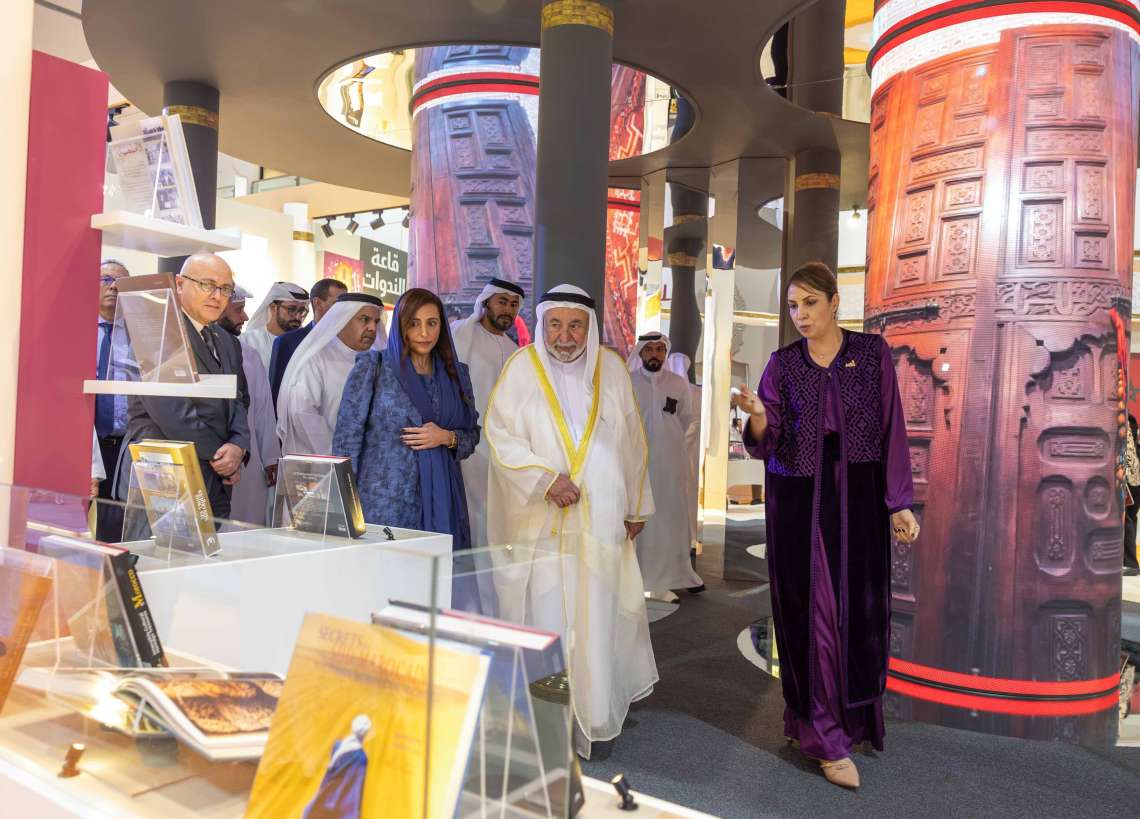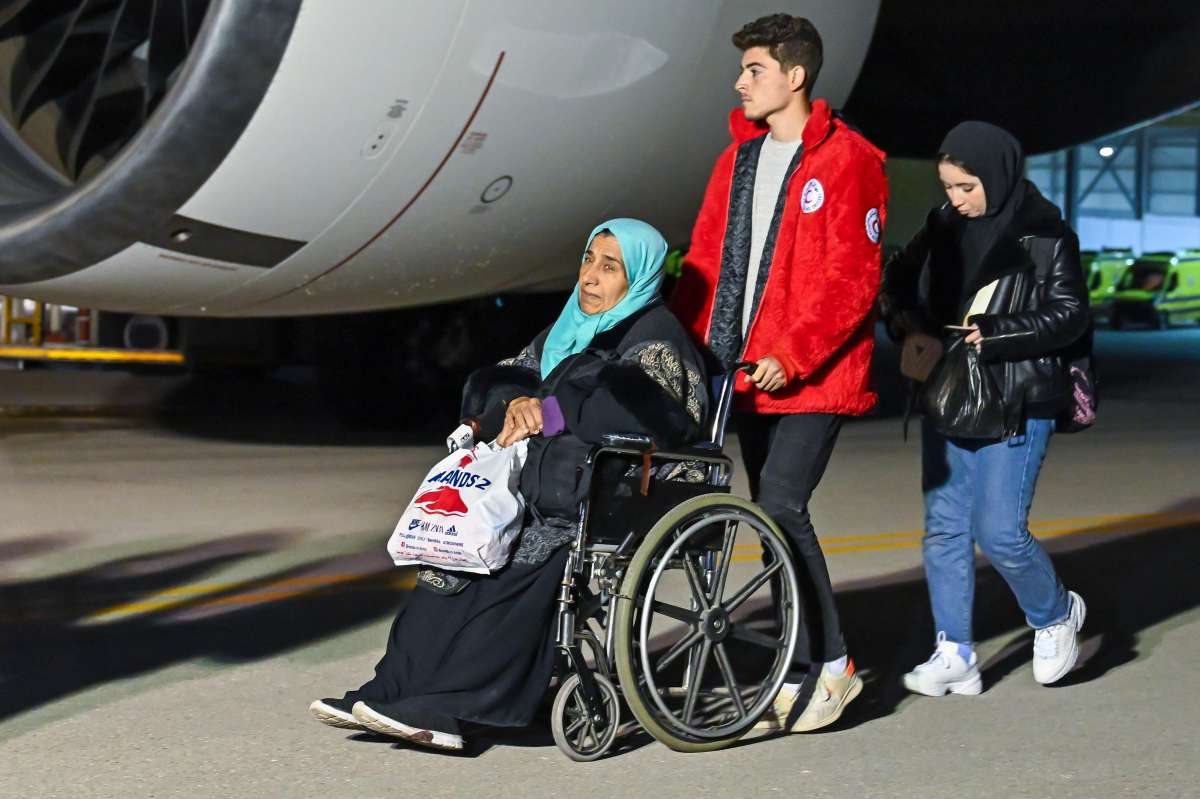Under the theme of “Shaping Future Governments”, this year’s summit will anticipate future opportunities and challenges, addressing the world’s most pressing issues….reports Asian Lite News
The World Governments Summit Organisation announced the agenda for the upcoming 11th edition of World Government Summit (WGS), set to take place between 12 and 14 February 2024 in Dubai.
Under the theme of “Shaping Future Governments”, this year’s summit will anticipate future opportunities and challenges, addressing the world’s most pressing issues. Through its prominent agenda, WGS will discuss a common approach to improve governmental work and strengthen cooperation among governments worldwide. Additionally, it will focus on sharing knowledge and expertise and highlighting inspiring stories and models in governmental work.
Hosting a brilliant lineup of keynote speakers, the Summit is set to address future trends and shifts on the global level, as well as ways to foster collaboration regionally and globally. Among heads of state speaking and attending the event the President of Türkiye, Recep Tayyip Erdoğan; Prime Minister of the Republic of India Narendra Modi; President of Rwanda, Paul Kagame; William Ruto, President of the Republic of Kenya; and the President of the Kyrgyz Republic Sadyr Japarov, as well as President of Madagascar Andry Rajoelina, Maldives President Dr. Mohamed Muizzu, Mauritius President Prithvirajsing Roopun and Seychelles President Wavel Ramkalawan, who speak at one of the plenary sessions.
Mohammed Abdullah Al Gergawi, Minister of Cabinet Affairs and Chairman of the World Governments Summit Organisation, said that the summit reflects the vision of UAE President His Highness Sheikh Mohamed bin Zayed Al Nahyan and directives of His Highness Sheikh Mohammed bin Rashid Al Maktoum, Vice President, Prime Minister and Ruler of Dubai in shaping the future and fostering positive change.
The minister noted: “The World Government Summit 2024 provides an excellent opportunity to forge common perspectives on global developments, and come up with effective solutions for critical development and humanitarian concerns. It serves as a global platform for crafting proactive strategies to address future challenges, exchanging experiences to bolster social stability, and fulfilling the aspirations of future generations.”
Mohammed Al Gergawi added that the 11th edition of the summit will witness the participation of more than 25 Heads of state and governments, 120 governmental delegations, over 85 international and regional organisations and institutions, along with distinguished participation of thought leaders, experts and more than 4,000 attendees.
WGS covers six main themes, through 15 global forums and over 110 interactive dialogues and sessions. Over 200 prominent speakers, including presidents, ministers, and visionaries, share their insights alongside 23 ministerial meetings and executive sessions welcoming over 300 ministers.
The summit is set to launch around 25 strategic reports, covering crucial practices and trends across key sectors. These reports encompass forums, ministerial meetings, and knowledge-sharing sessions. Additionally, the WGS 2024 will launch the Global Ministers Survey. Ministers from across the globe are invited to share their ideas on crucial global issues and collaborate in enhancing solutions together.
The Arab Fiscal Forum, on Day Zero, will address macroeconomic developments and prospects, energy subsidiary reforms and social safety nets, as well as generating value from public assets among other relevant topics. HE Kristalina Georgieva, Managing Director of the International Monetary Fund will be speaking at the opening session.
Other key events on Day Zero include the Arab Meeting for Young Leaders, the World Bank Group Ministerial Experience Exchange and the Ministerial Roundtable with Arab Youth Ministers.
Day One will see various sessions under the Future of Work Forum and the Future of Mobility Forum, as well as a ministerial roundtable on Climate Action through Fostering Sustainable Finance, a Family Business Roundtable, and a roundtable addressing Scientific Discovery and Applications which will host a group of Nobel laureates.
Day two will host the Geotechnology and Policy Forum, the Artificial Intelligence Forum, the Government Experience Exchange Forum, the SDGs in Action Forum, Government Services Forum, the Arab Public Administration Forum and the Industry and Advanced Technology Forum. Topics to be discussed vary from AI challenges and opportunities through the space economy to decarbonization.
H.H. Lt. General Sheikh Saif bin Zayed Al Nahyan, Deputy Prime Minister and Minister of the Interior, will address a key session during the summit. H.H. Sheikha Latifa bint Mohammed bin Rashid Al Maktoum, Chairperson of Dubai Culture and Arts Authority, will also participate in a session on the new governmental vision for creative industries.
Strategies for Sustainable Investments in Emerging Markets will be among the areas of focus on the final day of the Summit during the Emerging Economies Forum. Other events include the Future of Space Forum, the Global Health Forum, the Future of Education Forum, and several roundtables addressing responsible AI and digital transformation among other topics.
The World Governments Summit will present several global awards including the Best Minister in the World award, the Dubai International for Best Sustainable Development Practices, the Creative Government Innovations Award, the Global Award for the Best Government Applications and the Global Government Excellence Award.
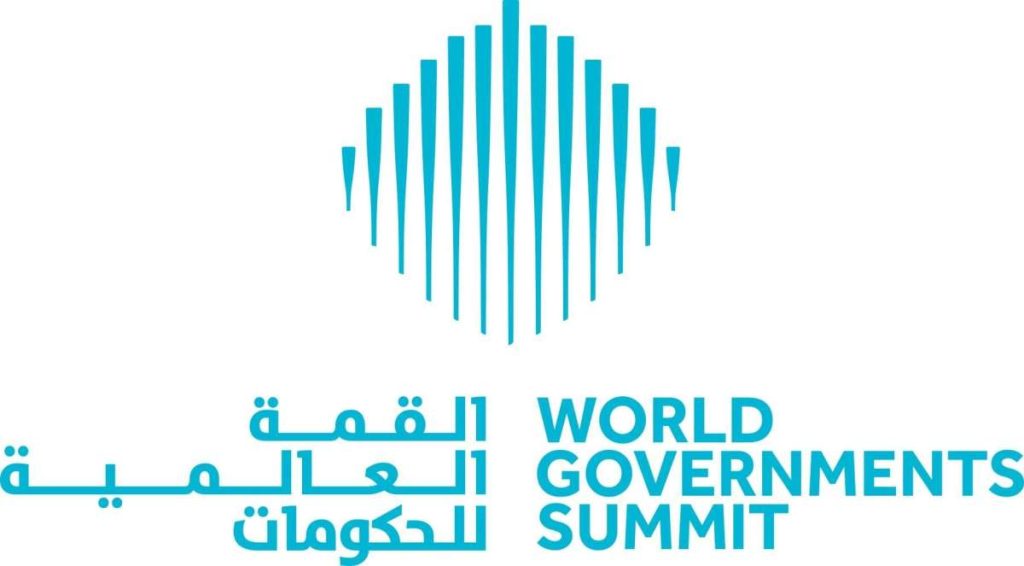
Exploring Future Tech
The World Governments Summit (WGS) has consistently addressed the need for proactive digital adaptation by governments and institutions to build dynamic and efficient institutions that drive a brighter future for societies by embracing digital solutions, artificial intelligence (AI), and data-driven approaches. This proactive stance helps avoid being left behind in a rapidly changing global landscape.
Each WGS edition has tackled the issue of technology and its impact on various aspects of our lives. From education and healthcare to urban living, travel, communication, and interaction, the discussions have explored the diverse implications of digitalisation and AI. The upcoming edition will place issues related to digital transformation and AI under the microscope.
The summit recognises the opportunities and challenges presented by digitalisation efforts worldwide. The WGS website emphasises the need for future policies to address the digital divide and ensure inclusivity amidst rapid global changes. Additionally, the emergence of disruptive technologies like generative AI necessitates ethical design, regulation, and proactive identification of trends by governments and international organisations.
The first summit in 2013 showcased diverse experiences in government services from around the world. Workshops delved into digital transformation, the establishment of unified service portals, and providing 24/7 access to services. This laid the groundwork for future advancements.
Following the first summit, the UAE launched its ambitious “Smart Government” initiative. This transformed e-government services into a smartphone-accessible platform, providing anytime, anywhere access to government services.
In its second edition, WGS witnessed a surge in the exploration and adoption of smart and digital services across government operations. The Museum of Future Government Services offered an interactive glimpse into the future of travel, healthcare, and education. The summit also recognised excellence in mobile government services.
Workshops and sessions at the second edition addressed key issues like smart cities and technology-driven educational development. Discussions explored the impact of smart mobility on quality of life, alongside innovations in smart infrastructure and their implications.
The 2015 and third edition of the World Governments Summit brought the digital revolution to the forefront, with discussions focusing on its impact on individuals, business models, and the future of government services. The need for regulatory mechanisms for modern technology was also put in the spotlight. Interestingly, debates even explored the potential competition between machines and human brainpower, reflecting a growing public interest in this topic.
Beyond the main theme, other sessions at the third WGS delved into diverse topics, including the digital future, emerging cybersecurity threats, and digital security.
In 2017, WGS delved into fintech, exploring the digital divide between those embracing it for everyday banking and those who remain hesitant. They even pondered the possibility of technology paving the way for a borderless world.
Visitors at the 2017 summit embarked on a 30-year journey into the future powered by virtual reality, envisioning the future landscapes of Abu Dhabi and Dubai in 2050. The ambitious goal of constructing the first human settlement on Mars by 2117 was also unveiled.
The 2018 edition tackled a wider range of social, economic, and human issues. Among them were AI’s role in shaping our lives and data’s emergence as the most valuable resource of the future.
2018 also saw Klaus Schwab, founder of the World Economic Forum (WEF), address the summit, highlighting the Fourth Industrial Revolution (4IR) as a complete overhaul of business models and global economies. Other sessions explored data and AI as tools for government preparedness, government excellence through data utilisation, and the immense trillion-dollar opportunities presented by AI and data.
The 2019 summit shifted focus to the future of cities globally, examining how AI could boost development and security, energy and food production structures within them, and how technology could contribute to building happy cities with clean, self-driving, and multimodal transportation systems.
The sixth edition showcased global leadership and experiences in technology, discussing the impending communications revolution driven by advanced technologies like the Internet of Things and 5G. It also explored the future role of governments in fostering innovation-friendly environments and the need for advancements in digital infrastructure, computer technology, and even quantum computers.
After a hiatus in the wake of the COVID-19 pandemic, the World Governments Summit returned with its seventh edition focusing on digital infrastructure. The 2022 summit addressed technology’s contribution to building a stable future and the mechanisms for governments to take swift action on global challenges. The summit’s agenda covered 4IR, the rapid transition to a digital economy, the global internet divide, bridging the digital gap, fostering deeper technology-government integration, and leveraging technology to eliminate bureaucracy.
Discussions also explored the metaverse’s potential in transporting humans to new dimensions and offering novel experiences, its impact on city and project design, and the need for regulations to protect users from both malicious and excessive data misuse that could stifle innovation. Other topics included remote work models, and exploring their design through technology and digital infrastructure. A dialogue with the world’s youngest programmer emphasised the importance of integrating computing and AI into school curricula.
As for WGS’ latest edition, it heavily focused on development issues, digital infrastructure, and how AI and digitisation impact societies. Sessions explored automation’s influence on the future of work, and Elon Musk shared his vision for the future, encompassing the energy transition, electric vehicles, and the opportunities and dangers of AI.
The summit also discussed advancements in virtual reality technologies and the role of governments in promoting innovation and enabling governance in this domain. Through various sessions and workshops, the summit addressed numerous ongoing concerns related to future cities, innovation, and sustainable and flexible digitisation of infrastructure and buildings. Finally, the 2023 edition of WGS explored the migration of people from the real world to the virtual, acknowledging the growing data production that shapes and directs global economies and politics.
ALSO READ: UAE sends ambulances to support Gaza


